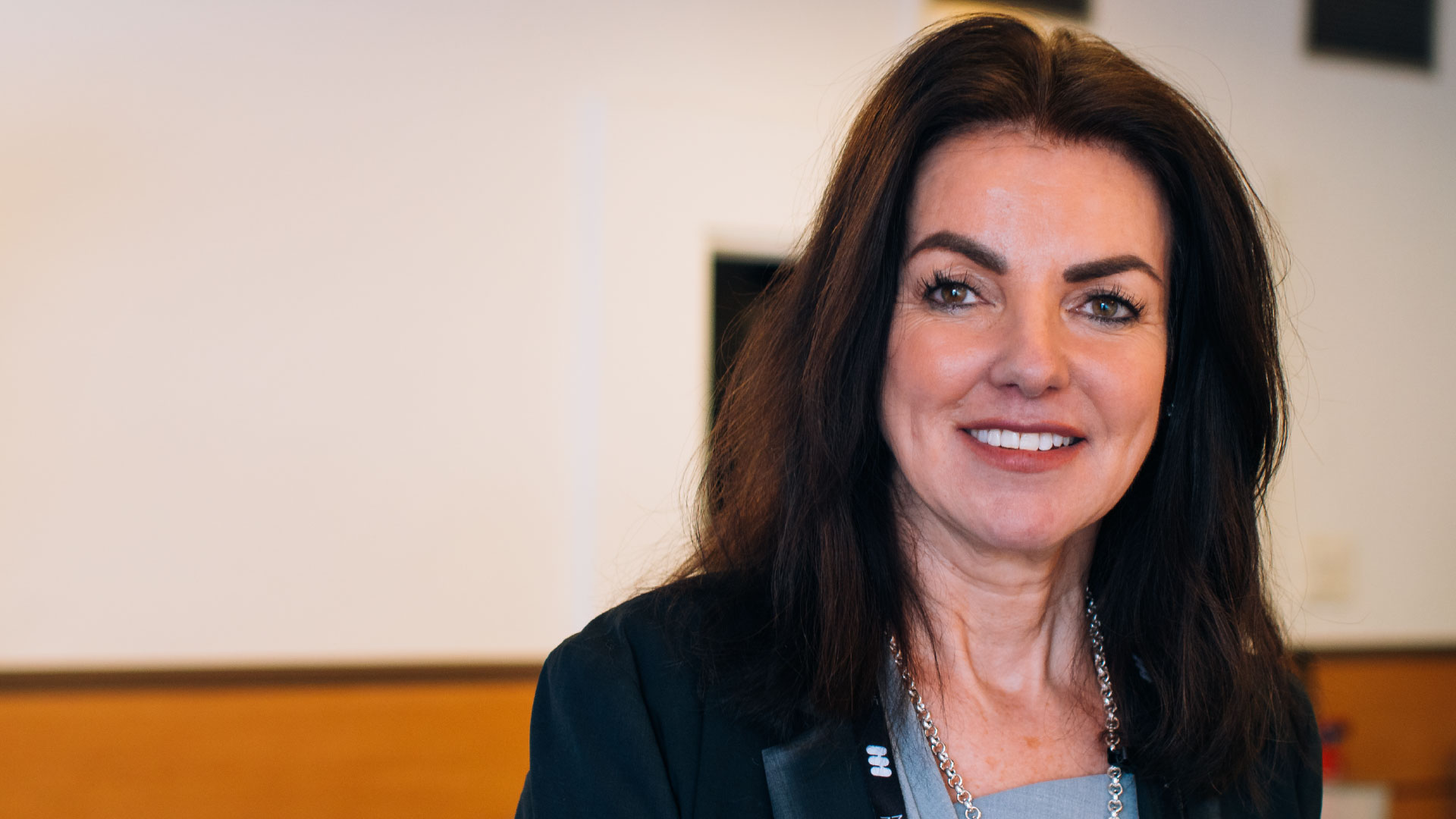
Denise Kelly representing Seventure on what makes a successful microbiome company
A growing number of start-up microbiome companies—from new players in the established probiotics industry, to university spin-outs focused on novel microbiome-based therapeutics—are looking for support and funding. In this competitive environment, how can a new company make the cut?
For the past several years Professor Denise Kelly has worked with Seventure Partners, a leading European Investor—which has the first venture fund, Health for Life, dedicated to investing in microbiome-focused start-ups, led by Seventure’s CEO, Isabelle de Cremoux. Kelly has participated in panels at both the Translational Microbiome Conference (Boston, USA) and the Global Engage Microbiome Futures event (New York, USA) and recently gave keynote lectures at the IHMC meeting in Killarney and the NeuroCon-X meeting in Prince Edward Island, Canada.
Here, Microbiome Insights hears Prof. Kelly’s summary of what will set up a microbiome-based company for success.
Use strong science—and own it
Kelly says Seventure has looked at more than 400 companies in the microbiome sector. The first question she asks is whether the science behind the product or service is robust—a major factor for the Seventure Life Science team. She notes, “We are really fortunate that a lot of interest comes from tier one academics and the findings are published in high-impact journals”—so the science has been peer-reviewed and often validated by independent research, adding to its credibility.
Moreover, Kelly says the strongest scientific ‘package’ combines wetlab work with human studies that address potential mechanisms of action in humans. And she notes that companies generally need to have more than 16S data on hand: “We know so much about strain level impact; shotgun sequencing gets you a lot more information. But even then, the industry is moving towards a multi-omics approach—for example, including metatranscriptomics and metabolomics, so we know ‘who’ occupies an ecosystem but also what they are doing.”
The next question about the science is whether it’s unique: Do competitors have something similar? Having a strong patent portfolio is crucial as it gives the company a distinct competitive advantage.
Build your revenue stream
Among all the possible life sciences areas in which VCs can invest, microbiome science is still in its early days—meaning they are likely to proceed with caution. Kelly says, “Investing in the ‘discovery’ phase is inherently risky; investors want to see that others have invested in the ideas as well.” She says the solution is to use as many resources as possible to build a company’s revenue space, including building multiple product opportunities and diversifying target disease indications—and importantly, building partnerships and licensing opportunities. Very competitive companies are also winning sizeable non-dilutive grants.
Get your regulatory ducks in a row
The science may look exciting now, but what’s the plan for bringing it to market? Many potential therapeutics in the microbiome area—for example, ‘bugs as drugs’—will face unique regulatory challenges. Kelly recommends connecting with regulatory advisors early on so the company can plan for the realities of getting past the hurdles. And even in cases where the regulatory path for a particular indication is relatively well-established, those at the helm of the company need to understand the complexities of the manufacturing process and how regulatory requirements need to be factored in.
Build relationships strategically
Kelly emphasizes that no successful company is built in a bubble: it needs supporters in order to build success. Companies need relationships with key people in academia and elsewhere—and not just a list of names to put up on the web page, but people who really care about what it’s doing and who are willing to jump in with advice and support.
Kelly says it’s especially important to engage with key opinion leaders (KOLs) with knowledge about the specific indication on which the product is focused. A company that demonstrates authentic engagement with these individuals has a better chance of leading the way in the therapeutic space.
Know when to keep your cards close
As a company is building, it’s important to strategize about how much to reveal—at what times, and to whom. She says, “Approach investors, such as Seventure, when you have a clear vision of your commercial opportunity. Although we invest in early stage start-ups, we appreciate companies that have a strong science package as well as a robust business plan that clearly sells the path to clinic and ultimately, to the marketplace.”
Having all these pieces in place won’t guarantee success—but Kelly says they will certainly make investors take a closer look. “The microbiome industry is moving very fast and the number of new start-ups continues to grow exponentially. At Seventure, we continue to build our portfolio and very recently our CEO, Isabelle de Cremoux, announced the first close of a new AVF fund with Adisseo, dedicated to innovation in Animal Health and Nutrition.”
Without a doubt, the microbiome industry as a whole is truly disruptive and represents a complete paradigm shift in human and animal healthcare. Says Kelly: “We are confronted with numerous modalities, ranging from nutritional products through to microbiome-based drug therapies which can modulate microbiome community function and structure, significantly impacting health status but also disease risk and disease progression. Personalized approaches to medical care are also envisaged, as predictive microbiome biomarkers are being sought—and these could provide more accurate diagnostic and prognostic patient read-outs, leading to more predictable and enhanced drug efficacy. The next five years will be very exciting for many, many reasons. Our knowledge base will continue to grow, but most importantly, we also start to see completion of phase II/III human clinical trials.”
Share this article
-
Share on Facebook
Share on Facebook
-
Share on Twitter
Share on Twitter
-
Share on WhatsApp
Share on WhatsApp
-
Share on LinkedIn
Share on LinkedIn
-
Share on Reddit
Share on Reddit
-
Share by Mail
Share by Mail
About Microbiome Insights
Microbiome Insights, Inc. is a global leader providing end-to-end microbiome sequencing and comprehensive bioinformatic analysis...
